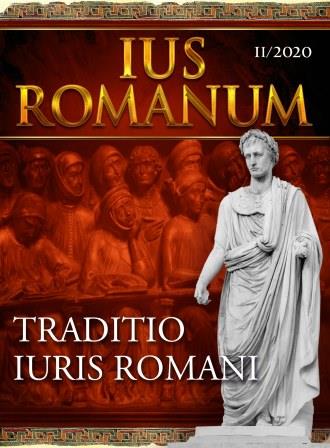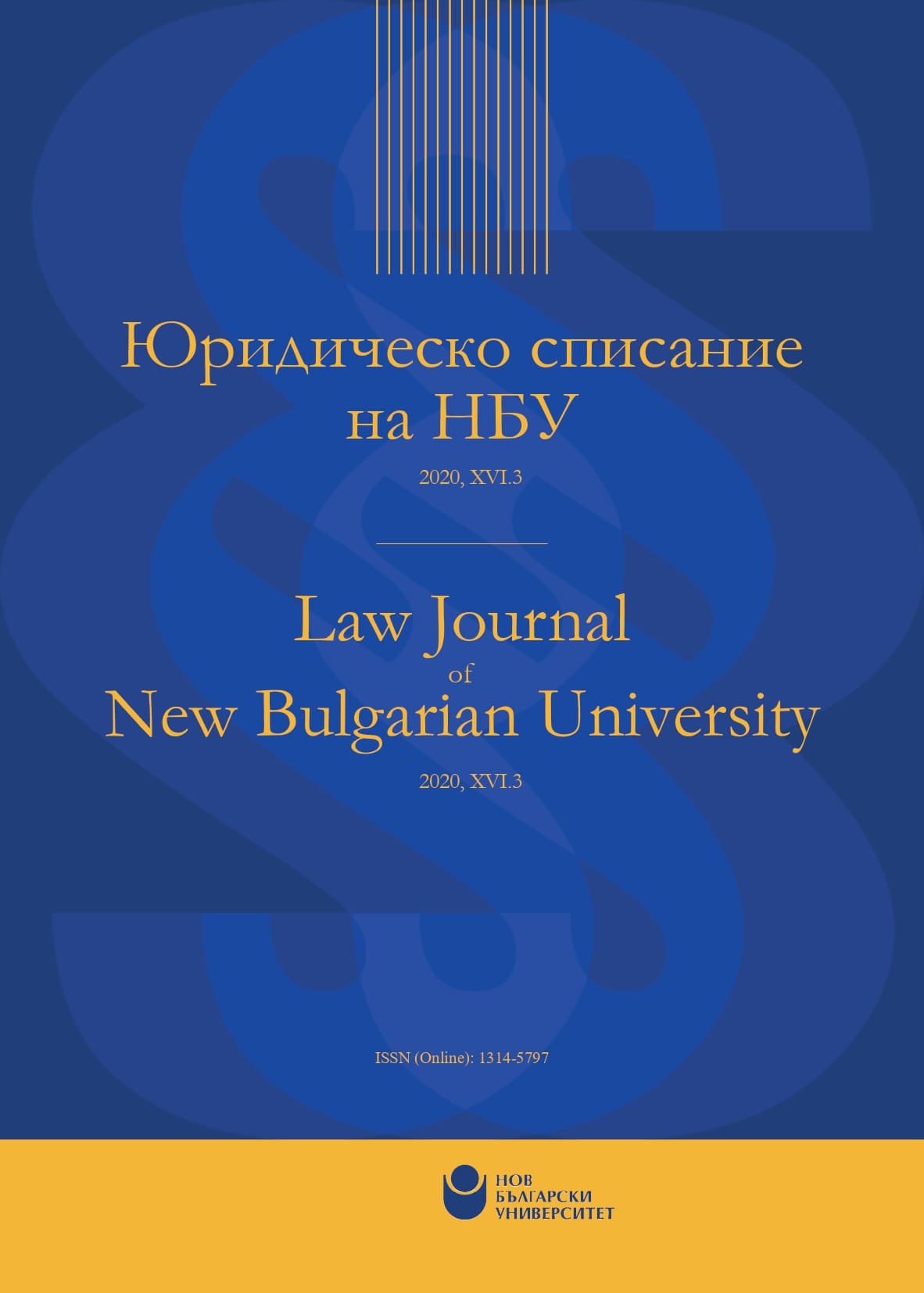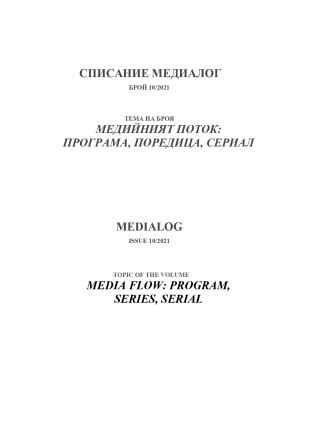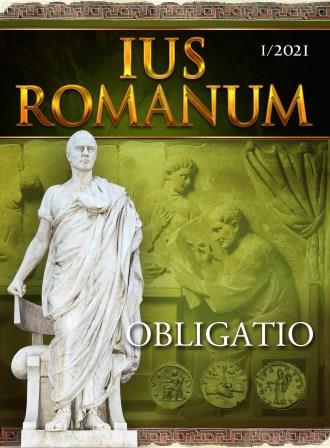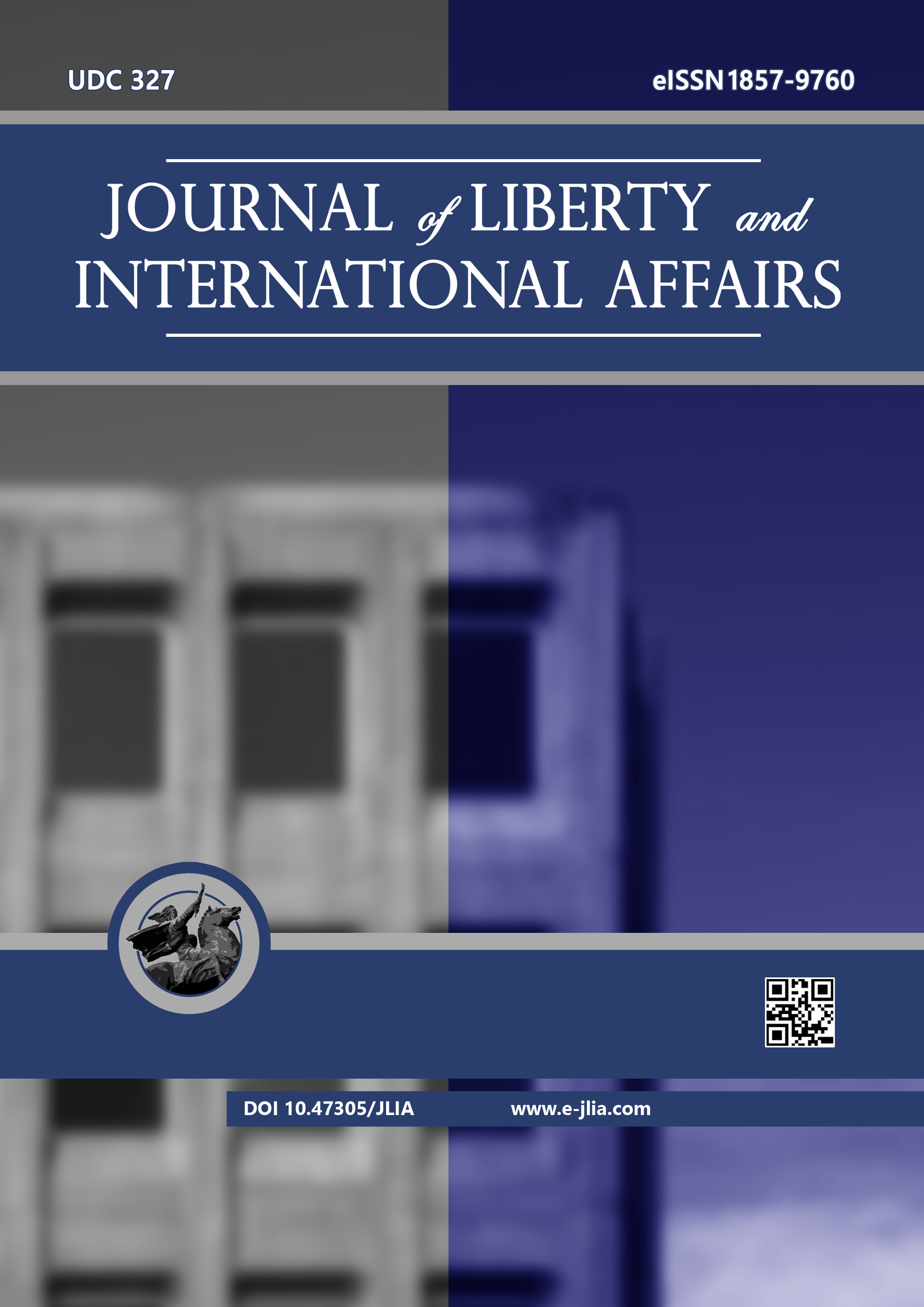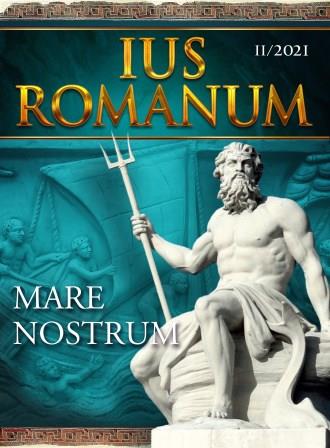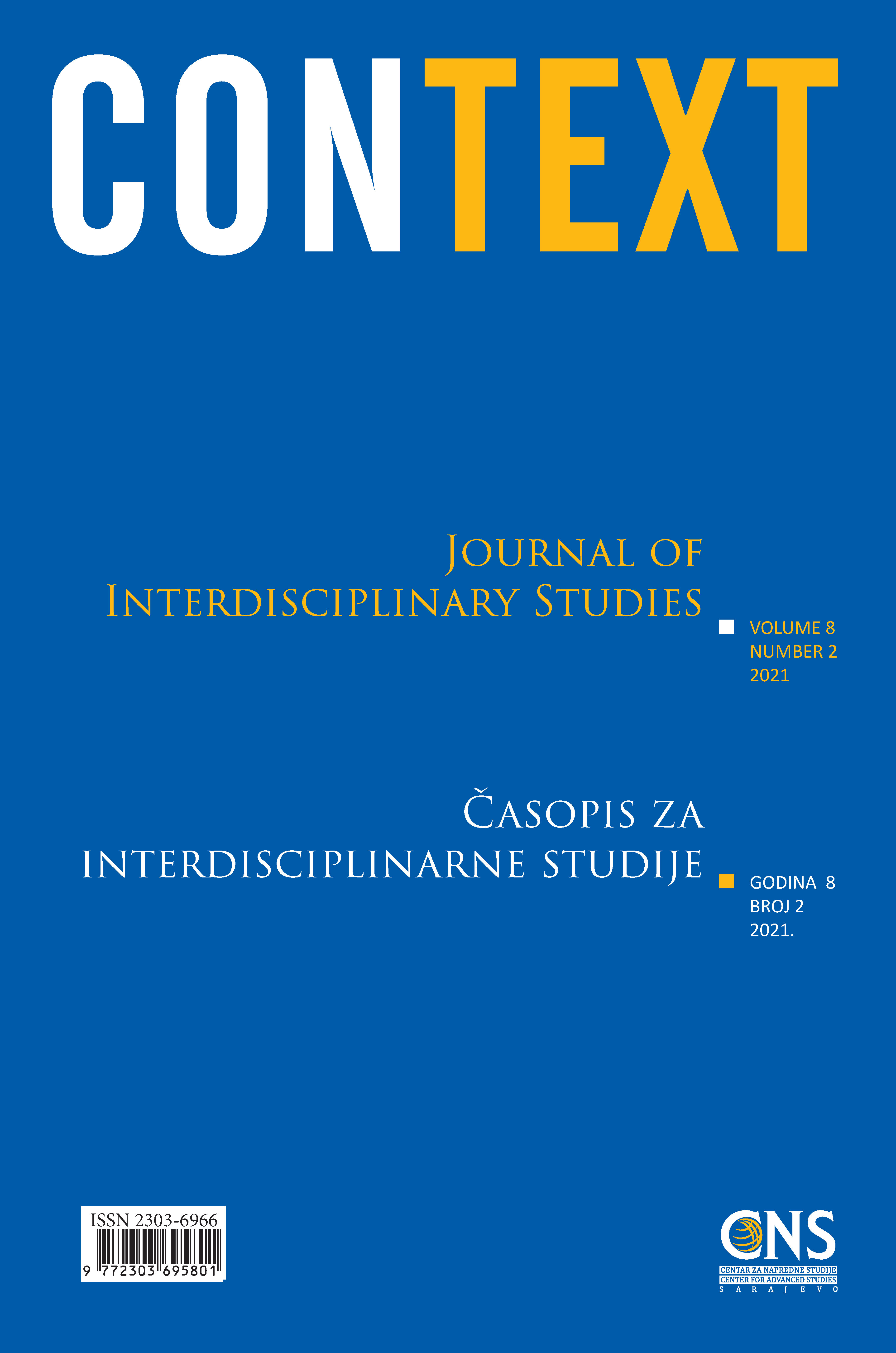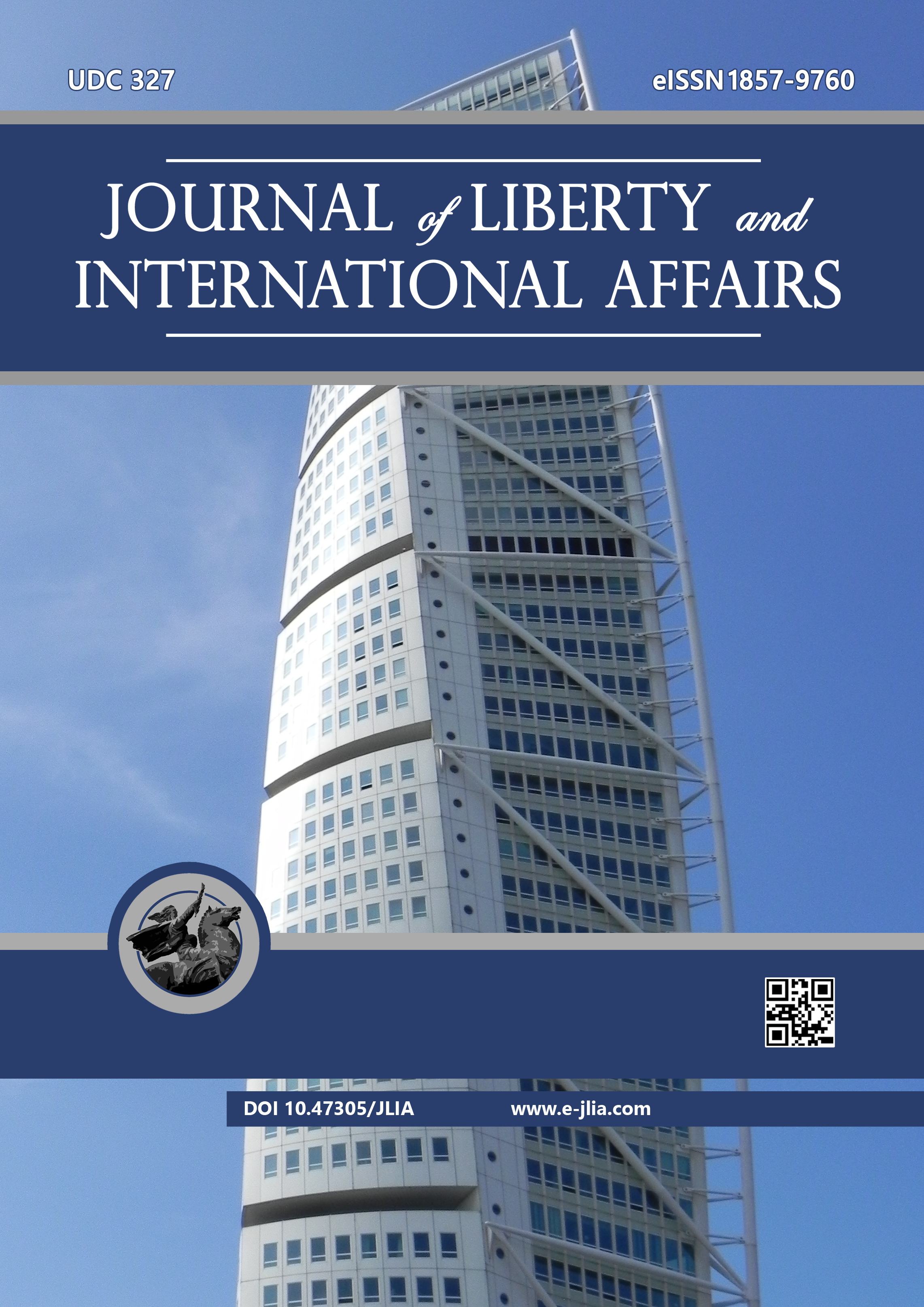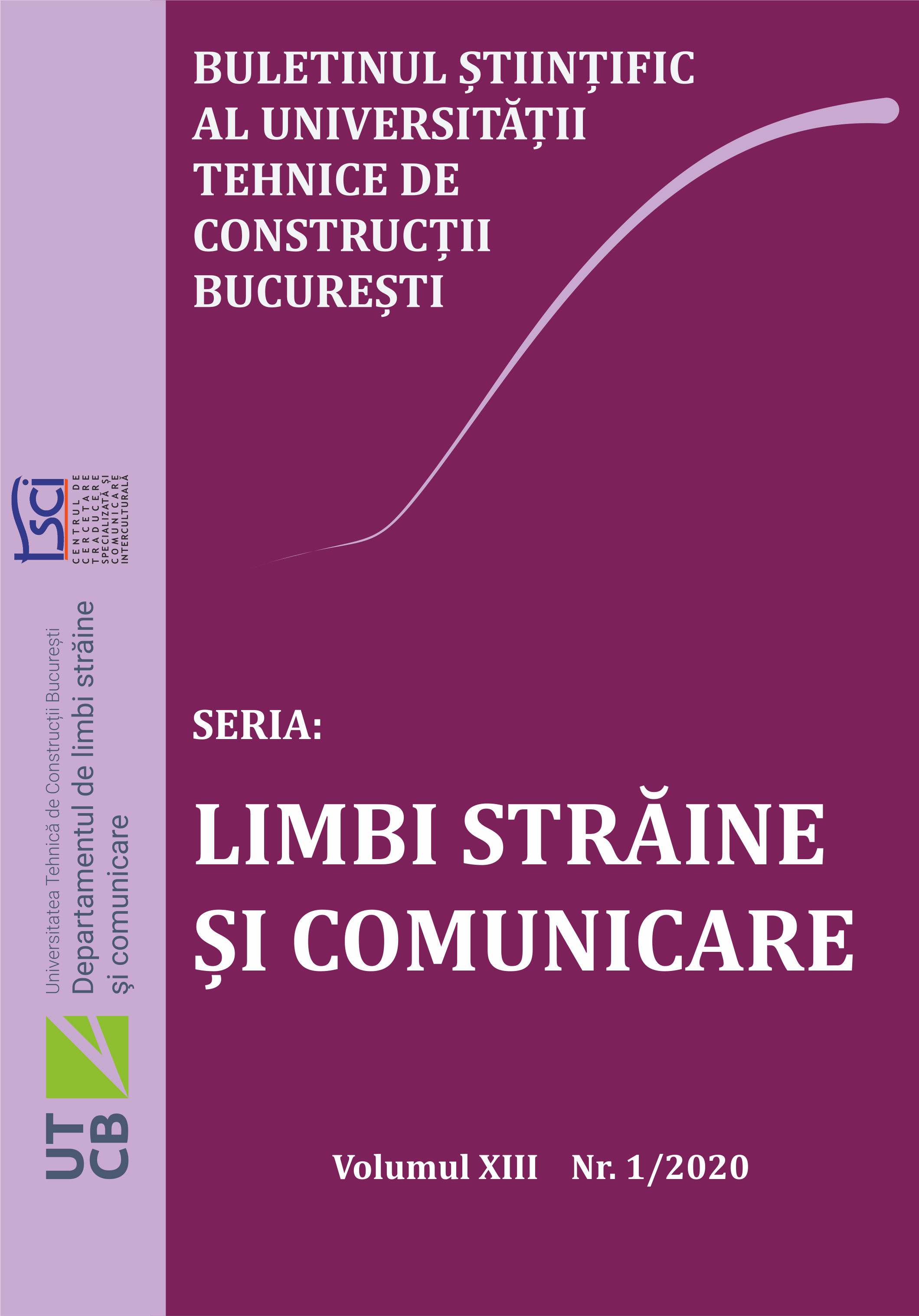
CULTURAL (UN)AWARENESS IN THE ACQUISITION OF LEGAL TERMINOLOGY: OUTCOMES AND SOLUTIONS
The aim of this paper is to highlight the role of cultural awareness in achieving accurate translations by focusing on the analysis of several culture-bound legal terms of the English and Welsh legal system. These specific terms include items that refer to the court systemin England and Wales, such as names of various key positions in the judiciary branch, terms used in court procedures and criminal procedure, or advocacy terms. A parallel with Romania is introduced in order to highlight the similarities and differences between the English and Welsh legal system and the Romanian legal system. In spite of the contrast between the two legal systems, the translator can, if aware of cultural idiosyncrasies, provide correct translations that make apparently opaque terms explicit in the target language.
More...
